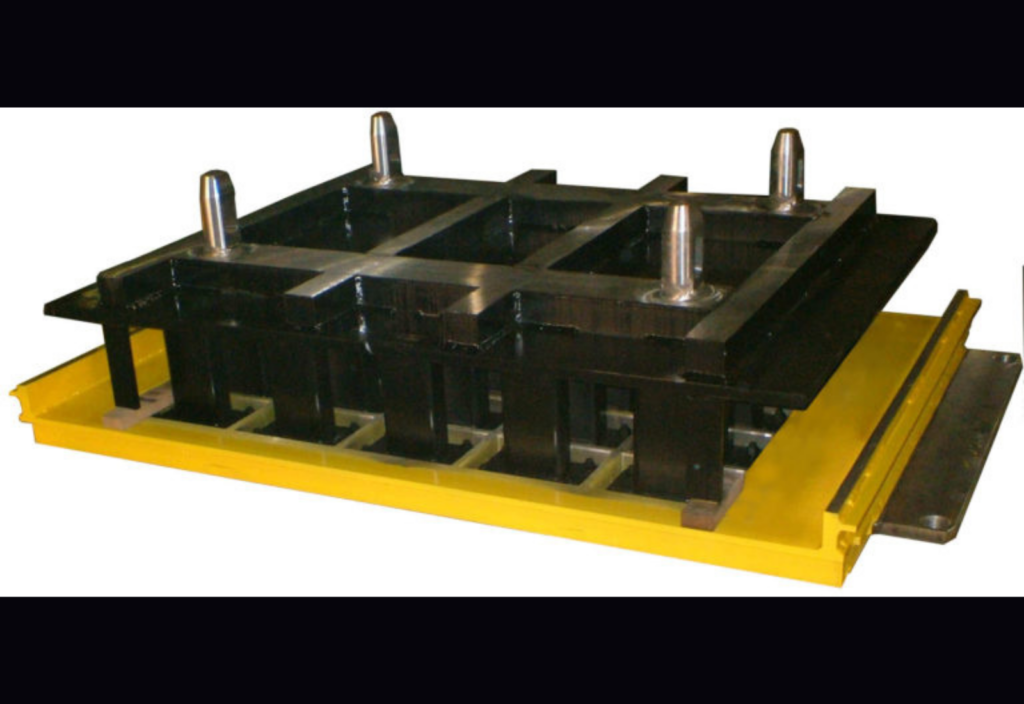When manufacturing overseas, forget trust and verify. And have a written contract.
National Public Radio’s Marketplace did a great story today on “customer service” in China, which goes a long way towards explaining what foreign companies must do to get good product from their Chinese suppliers. The NPR article nicely highlights some of the major differences between sourcing product from China and sourcing product from from North America or Europe .
The story is entitled, China’s still learning customer service and it is subtitled, “When Marketplace’s Shanghai correspondent Scott Tong arrived in China last January, it didn’t take him long to learn that business is done differently and buyer beware.” The story talks about the building of Marketplaces’ studio in Shanghai, using a contractor named Mr. Han:
It started with Mr. Han, the contractor. He came recommended to us. We liked his work. And so we hammered out a deal over coffee: We’d pay him five grand to outfit our sound booth and our office. Sounded good.
Mr. Han’s men started working, so we gave them some space. My colleague Eric Johnson headed up the project. He’s an audio engineer.
Eric Johnson: I’ve always been kind of a hands off kinda guy. And trusting.
The trusting part did not work:
Hands off and trusting. . . . Big mistake. We noticed the fresh paint looked kind of thin. And when we saw the can, we realized they substituted a cheaper grade of paint. So we made them start over.
James Rice has worked in China for 20 years, he’s with Tyson Foods.
James Rice: The cheaper paint in China is not going to meet the kind of quality regulations you would expect in the U.S. So it’s going to have lead or other poisonous fumes. It’s typical for Chinese to renovate their home and air it out for a month before they move in, to let all those fumes go out.
Substituting dangerous ingredients is at the center of China’s product safety scandal — whether it’s toy trains, or pet food, or toothpaste. Rice says when you deal with suppliers here, you have to do the Ronald Reagan thing: Trust but verify. When he hired contractors to renovate his house . . .
Rice: I bought all the materials. And I was on site every day, to validate what they were doing.
This sort of thing is absolutely typical. As distasteful as it may seem, Westerners must get over the notion that their overseas suppliers in China will supply good product because doing so is “the right thing to do”.
The show then talked about the need for the contract to be very specific:
As for our construction, we got into a spat with the contractor over shoe moulding. You know, that strip of wood where the wall meets the floor. We’d always assumed it was included in the deal. . . Wrong. Mr. Han noted it wasn’t specifically stipulated in the contract. So we had to pay more to get what we wanted.
Johnson: I was furious.
Again, my colleague Eric Johnson.
Johnson: I thought it was one of the most inane conversations I’ve had in my life. You know, it’s like you wanted a car with tires on it? Why would you have tires on a car? It’s just insane!
The lesson: You can’t assume things work here the way they work back home.
I oftentimes tell the story of a Shanghai expat apartment dweller who was in the process of renegotiating his lease when the apartment’s top of the line office chair broke. The apartment dweller told the landlord he would re-up on the lease if the landlord would replace the chair. The landlord agreed and the deal was signed. Next day, the landlord dropped off a two dollar metal folding chair. Again, typical.
Mr. Han (the Chinese contractor) explains:
Mr. Han [interpreter]: Foreign customers don’t know how to operate now. Their expectations are low and they pay more. So, we like doing business with foreigners. [laughs]
But it is not just China:
Now, it’s tempting to blast China as the one place in the world with dodgy quality and business partners who cut corners.
But Asia business veteran K.Y. Lai [from Malaysia] says not so.
Lai: You buy from Vietnam, India and all that it’s the same. The people who are doing this manufacturing, seize an opportunity to become rich very quickly.
If you are going to source product from most emerging market countries, you need to recognize and account for the differences from sourcing product in the United States or in Western Europe.
The rule when having your products made in most emerging market countries is that what is not in your written contract does not exist. I repeat, if it is not in your contract it does not exist. You want a laptop bag with handles strong enough to hold an actual laptop? Put that in your contract. You want your clothing item to be able to withstand its first washing? Put the exact materials in your contract.
I’ve heard many explanations given as to why there are these sorts of differences between emerging market countries and developed countries, but I think the main reason is the effectiveness of the legal system.
That’s just the way it is. . . .
January 22, 2023 UPDATE: Though I wrote the above more than 15 years ago, I still often send it to clients and potential clients because it is every bit as relevant today as the day it was written — probably more so. I say more so because as China becomes increasingly risky for manufacturing, many companies are moving their outsourced production to new places, like Mexico, India, Cambodia, Vietnam, Thailand, etc. And any time you start with a new factory in a new country, your risks will be sky high. The above is intended to help you navigate those risks, or at least be fully aware that they’re out there.

























